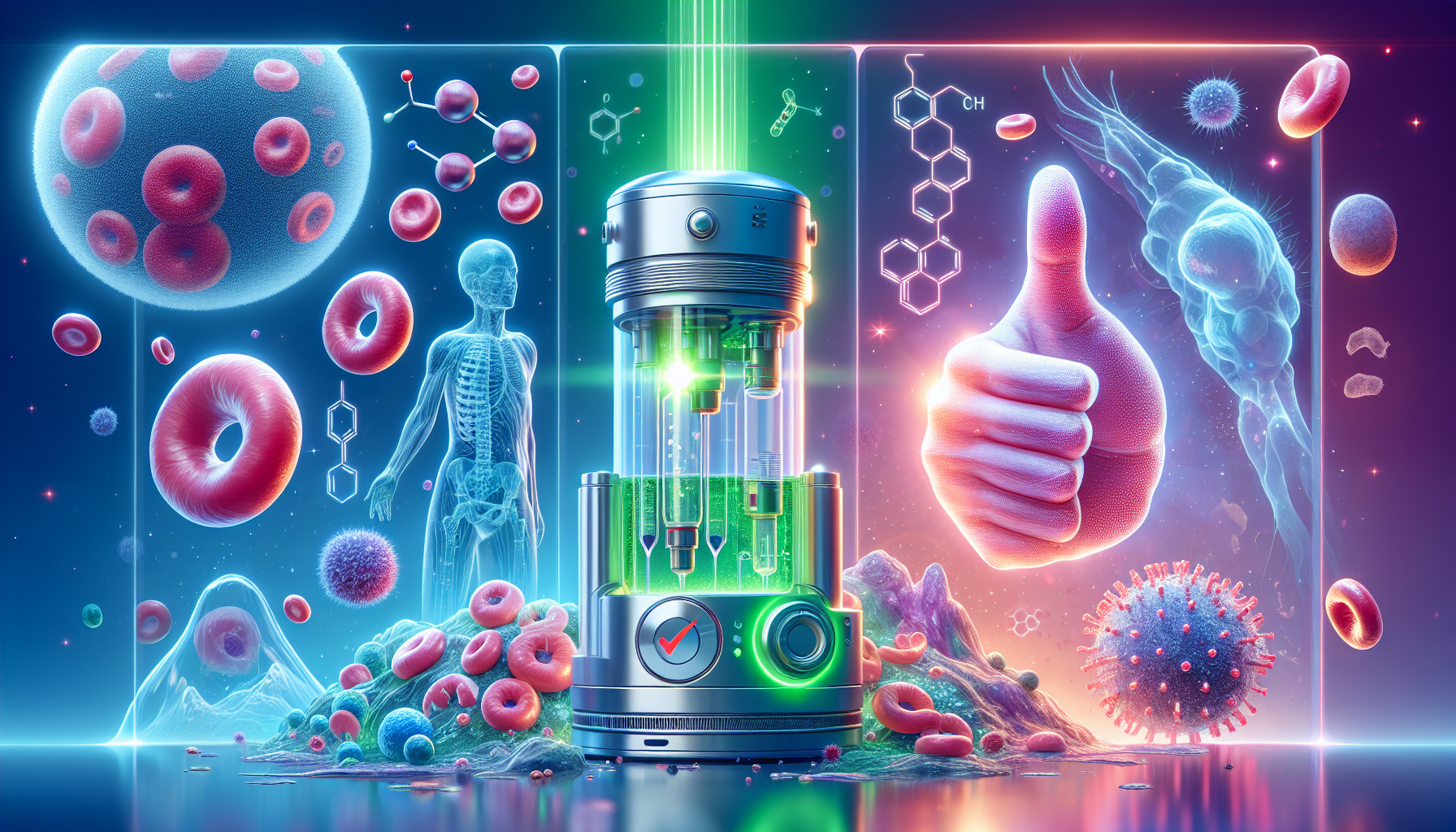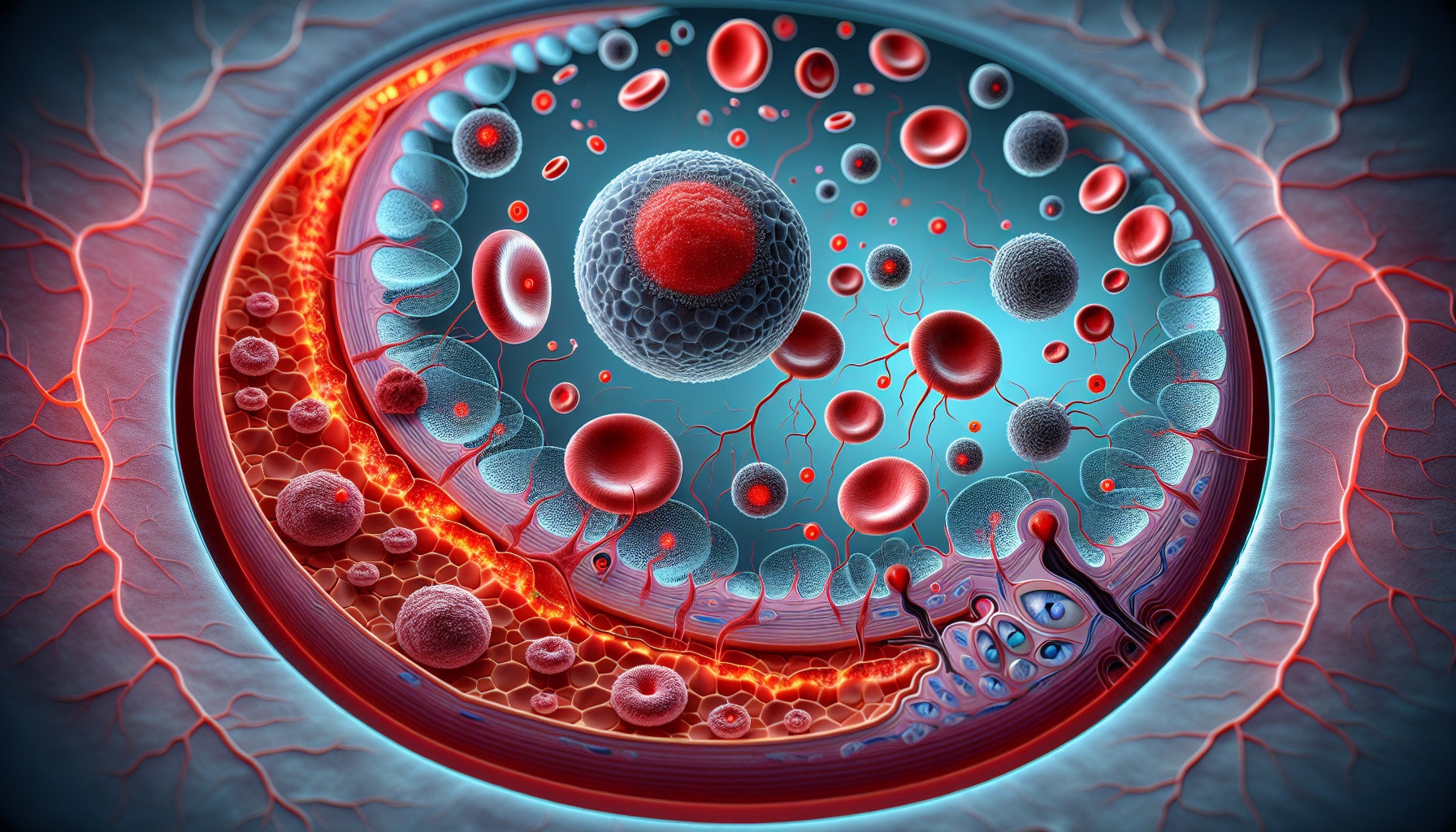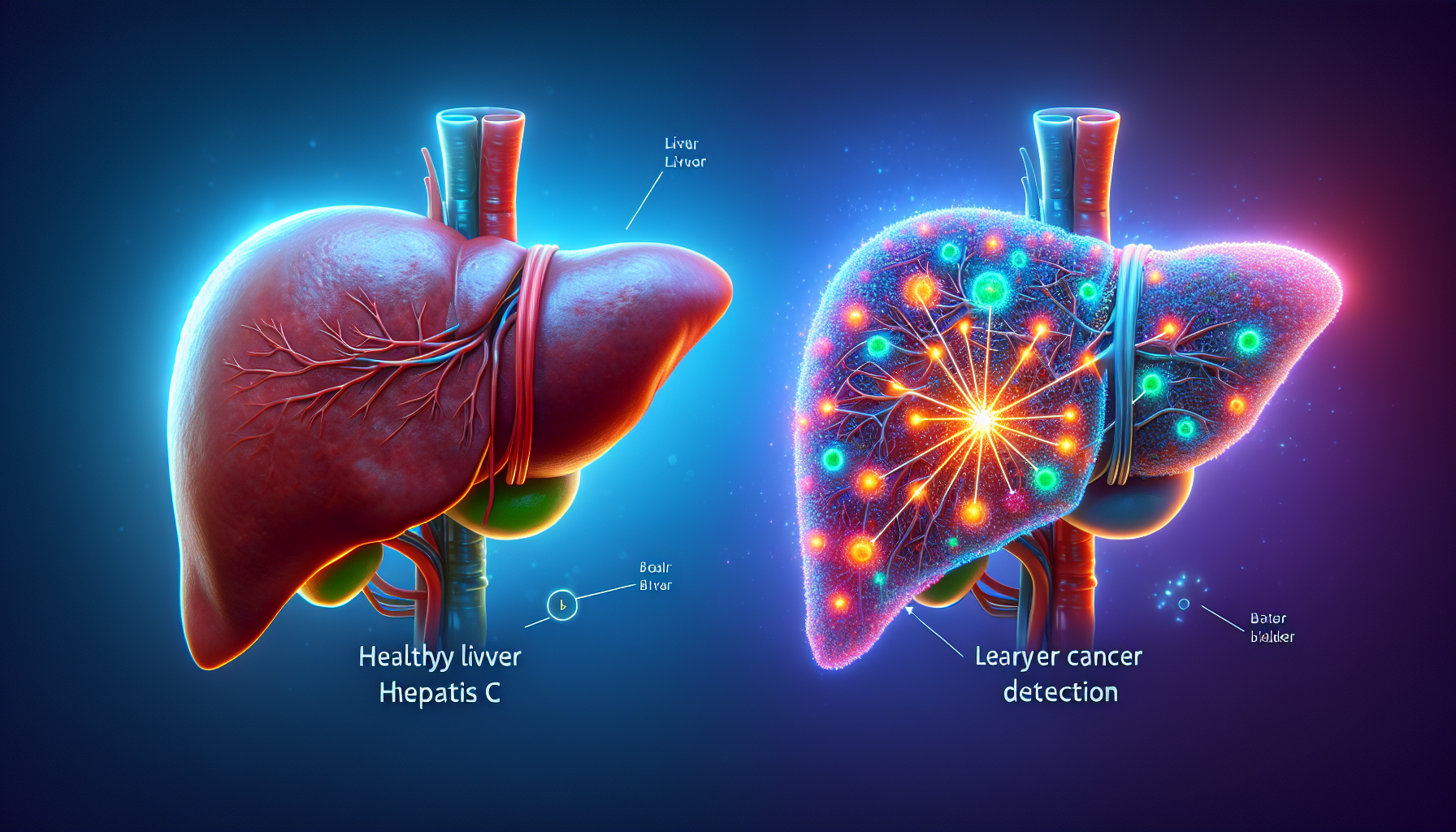Breakthrough Ovarian Cancer Test Shows Unmatched Accuracy
Key Takeaways
- The Mercy Halo™ Test shows 82% sensitivity and 98% specificity for detecting ovarian cancer.
- The test significantly outperforms traditional CA125 serum biomarker testing.
- This method offers new potential in early cancer detection, improving survival rates.
Did You Know?
Introduction to Mercy Halo™ Test
The Mercy Halo™ Test is a revolutionary new method for detecting ovarian cancer, offering unprecedented sensitivity and specificity. This liquid biopsy test, developed by Mercy BioAnalytics, aims to improve early cancer detection, crucial for increasing survival rates.
Impressive Study Results
In a recent study involving 1,300 asymptomatic postmenopausal women, the Mercy Halo™ Test demonstrated 82% sensitivity and 98% specificity in detecting high-grade serous ovarian cancer (HGSC). This performance marks a significant improvement over traditional methods like CA125 serum biomarker testing and transvaginal ultrasound imaging, which have been in use for nearly 40 years.
Collaboration and Analysis
The research was a collaborative effort between Mercy BioAnalytics and the Medical Research Council Clinical Trials Unit (MRC CTU) at University College London (UCL). The team analyzed blood samples from participants in the UK Collaborative Trial of Ovarian Cancer Screening (UKCTOCS), comprising over 200,000 women who were either screened annually or not screened and followed for up to two decades.
Limitations of Existing Methods
Historically, CA125 serum biomarker testing and transvaginal ultrasound have not been reliable for early detection of ovarian cancer. They often miss early-stage cancers and frequently result in false positives, leading to unnecessary further testing and anxiety for patients.
Superiority of Mercy Halo™
The Mercy Halo™ Test outperforms CA125 testing significantly, detecting 82% of HGSC cases compared to 63% with CA125. It also reduces false positives, with a 98% specificity compared to CA125's 96%, thus minimizing unnecessary diagnostic procedures.
Impact on Ovarian Cancer Detection
Ovarian cancer is a leading cause of cancer death among women, with most cases diagnosed at an advanced stage when treatment is less effective. The Mercy Halo™ Test offers a potential game-changer in early detection, which is critical for improving outcomes.
Innovative Testing Method
The test works by detecting multiple cancer-related biomarkers on extracellular vesicles, which are abundant in blood circulation. This allows for effective testing with a small blood sample, using a simple qPCR-based readout, making it more practical and accessible compared to other methods.
Mercy's Mission and Future Prospects
Mercy BioAnalytics is dedicated to early cancer detection to improve patient outcomes. Their work with the Mercy Halo™ Test represents a significant step forward in ovarian cancer screening, with hopes of expanding to other cancer types in the future.
Further Research and Development
Professor Usha Menon at MRC CTU at UCL highlighted the robustness of this initial study. The team looks forward to further evaluating the test using samples from the multimodal screening arm of the UKCTOCS trial, which could solidify the Mercy Halo™ Test as a standard for early ovarian cancer detection.
Conclusion
This breakthrough offers new hope in the early detection and treatment of ovarian cancer. With continued research and support, the Mercy Halo™ Test could become a vital tool in reducing ovarian cancer mortality and improving the lives of many women.






